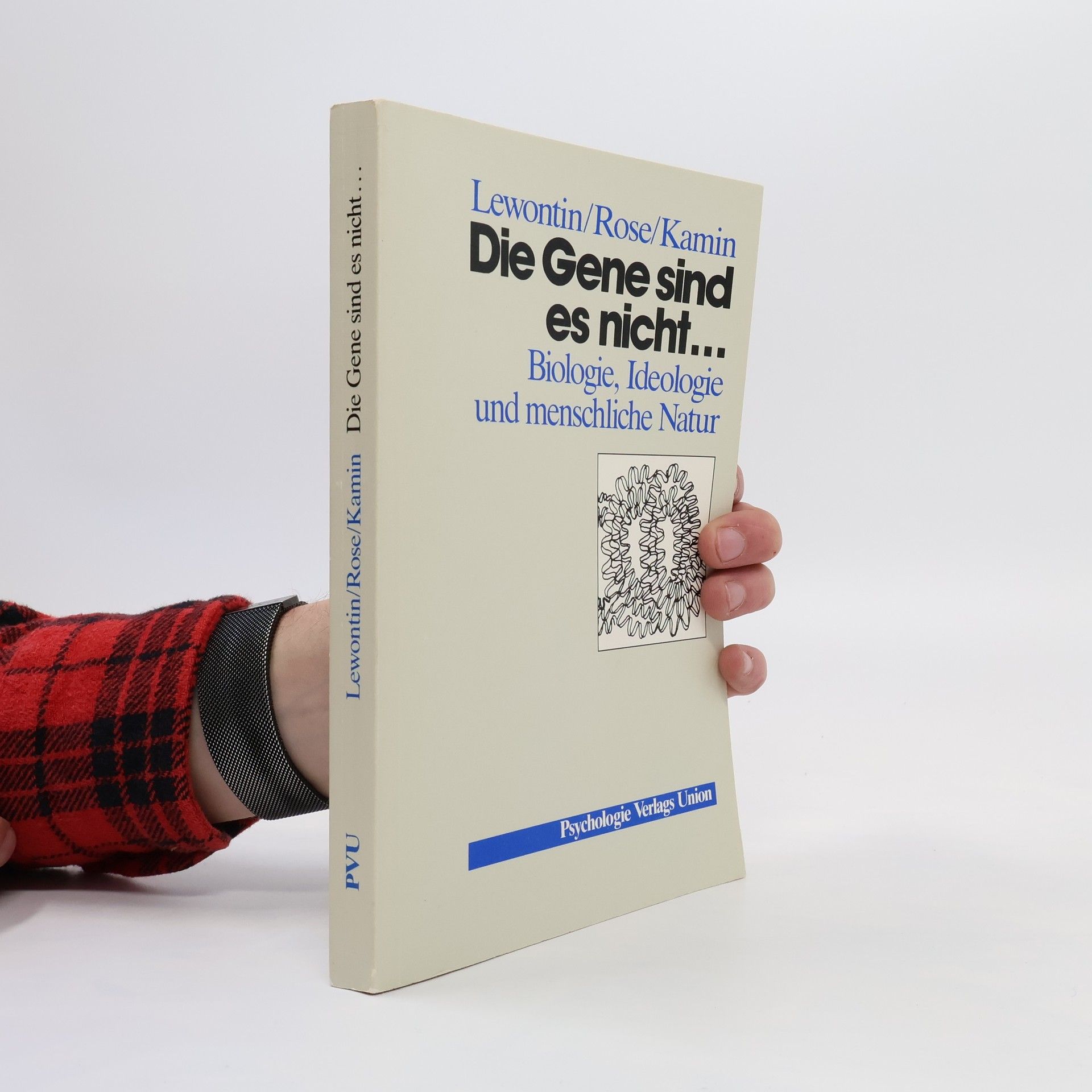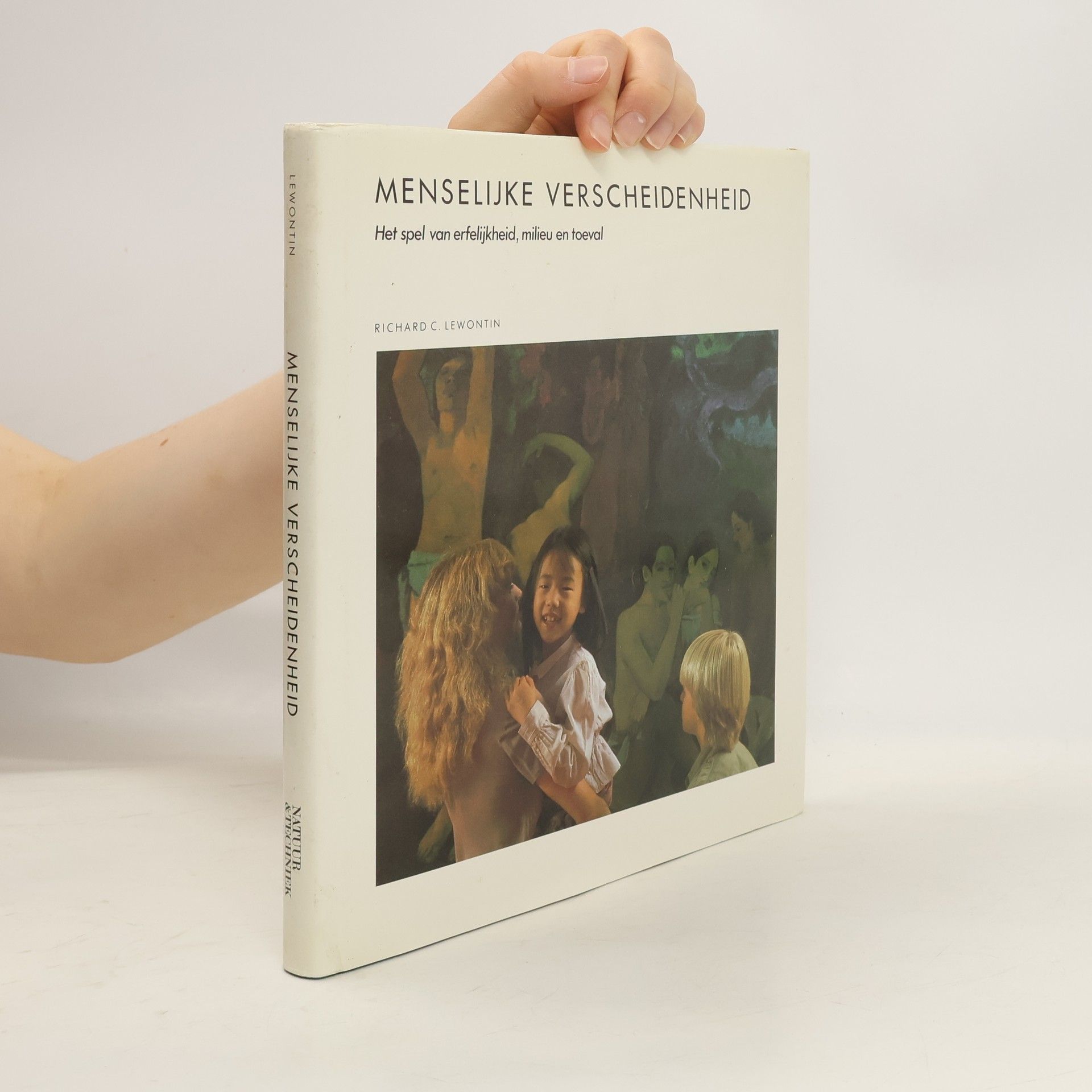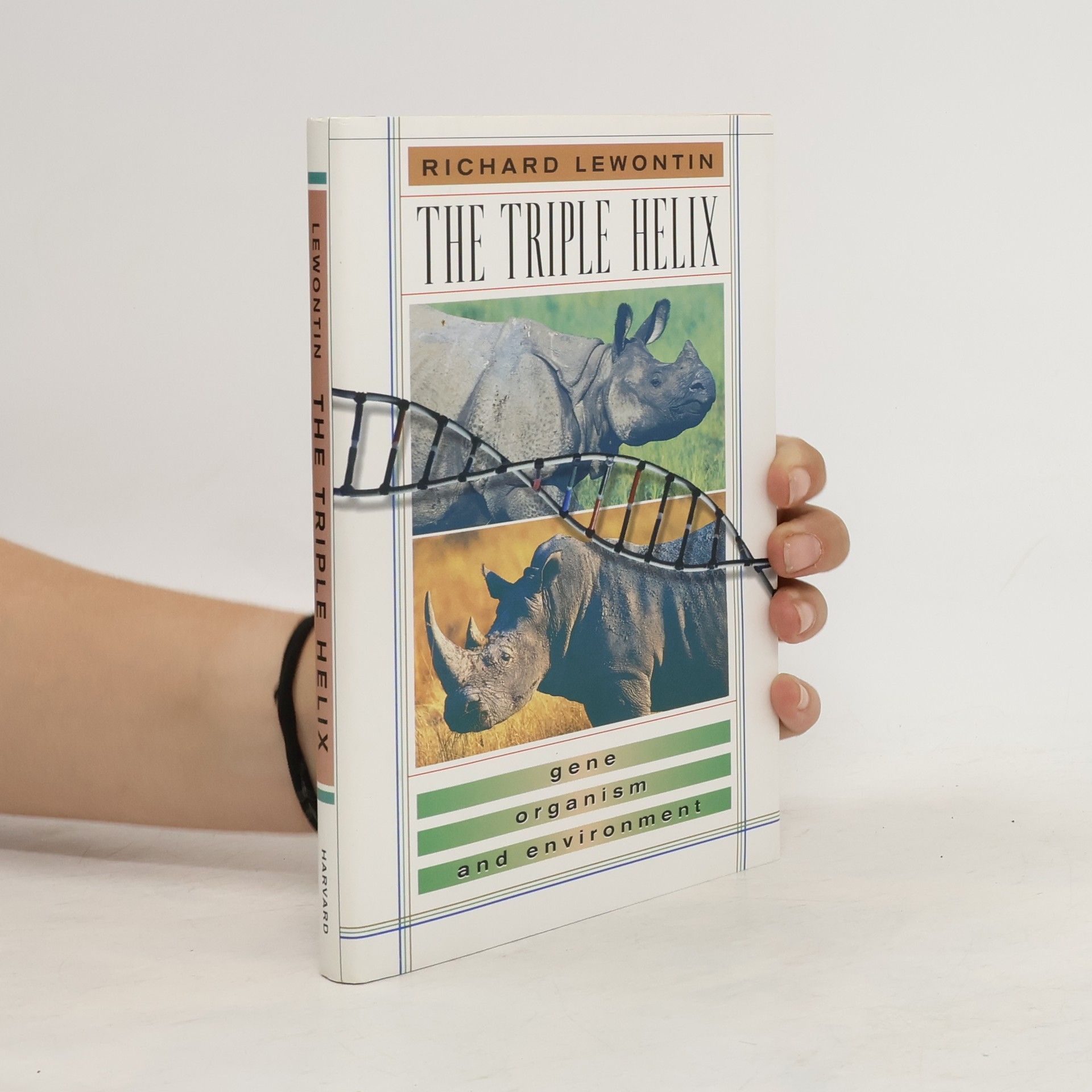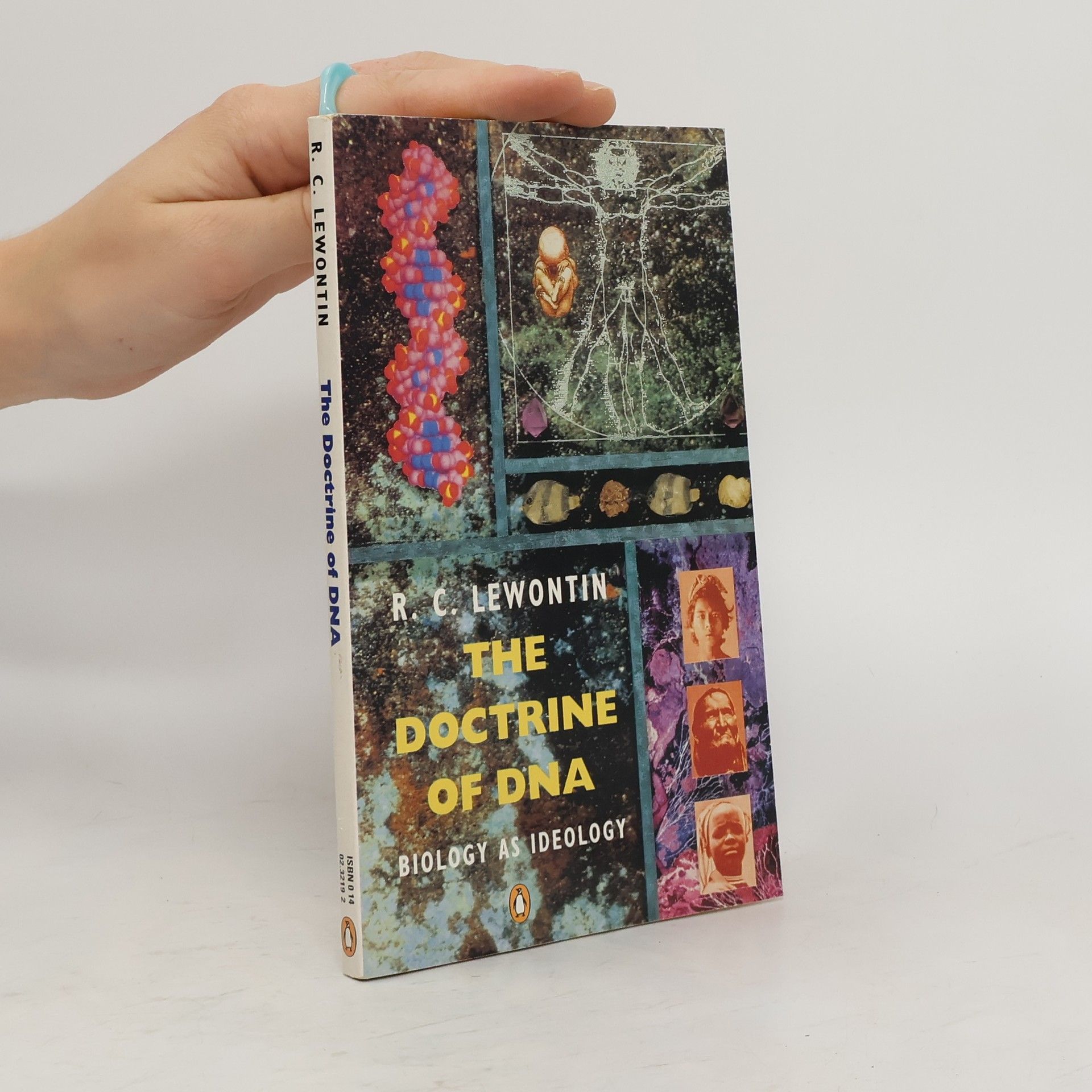Introduction to Genetic Analysis, 9th Edition
- 800 pages
- 28 hours of reading
The author team welcomes a new coauthor, Sean B. Carroll, a recognized leader in the field of evolutionary development, to this new edition of Introduction to Genetic Analysis (IGA). The authors’ ambitious new plans for this edition focus on showing how genetics is practiced today. In particular, the new edition renews its emphasis on how genetic analysis can be a powerful tool for answering biological questions of all types.






